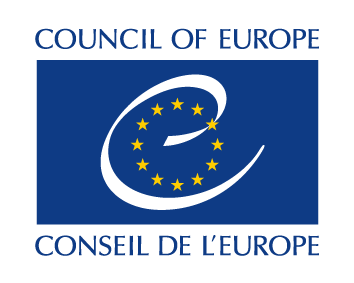Sharing of biosamples and data
Developing effective and ethically grounded sharing mechanisms is particularly important for rare disease research, where data sets and biosample collections are scarce, fragmented and scattered.
Collecting data and storing biosamples in accordance with ethical and scientific standards requires intellectual, institutional and economic resources and, critically, the participation of patients and the wider community including otherwise healthy volunteers.
All Data and Material Transfer Agreements (DTAs and MTAs) should be ethically robust and mindful of the responsibilities owed to the donors to make best ethical use of the samples and data consistent with their consent.
The International Charter of Principles for Sharing Bio-specimens and Data (Mascalzoni et al. 2015), developed by RD-Connect, provides guidance for effective legally and ethically grounded sharing. The charter is inspired by the following principles:
- privacy and autonomy
- freedom of scientific inquiry
- reciprocity
- attribution of intellectual contribution
- respect for intellectual property
The Charter, together with the template for general Material Transfer Agreement (MTA) and Data Transfer Agreement (DTA) constitutes an enabling tool to improve the governance and audit of sharing data and specimens across multiple international settings. The documents introduce in simplified language a consistent set of principles that will improve interoperability nationally and internationally.
To ensure that data on the RD-Connect Platform are shared only in an ethical way, all users are required to sign the RD-Connect Code of Conduct according to legal requirements, ethical principles as well as patient and scientific needs.
Using biological materials in research: response to Council of Europe’s recommendations

